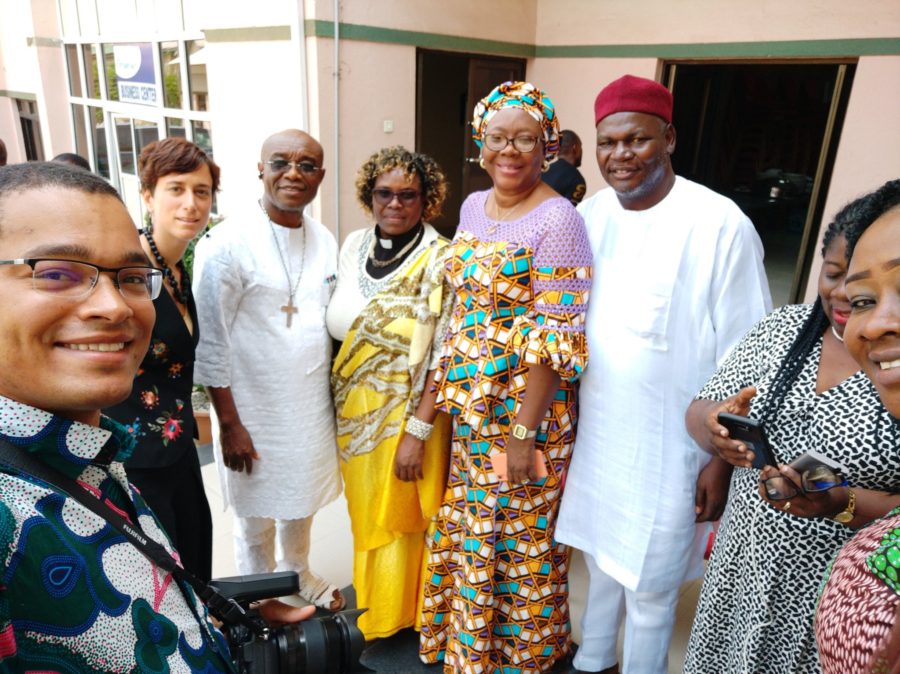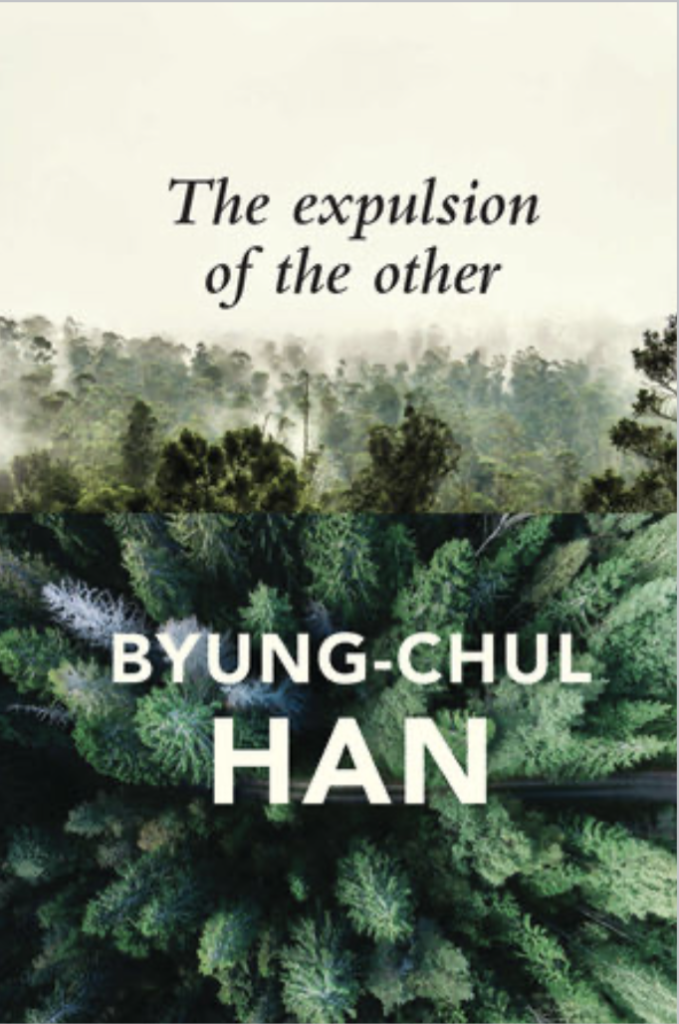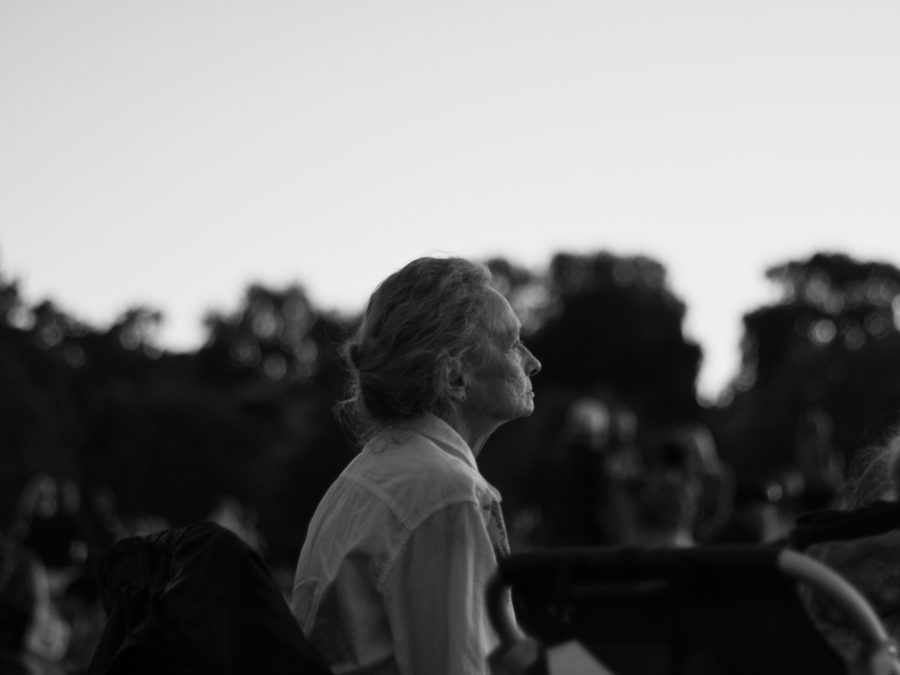This year, I received as a gift the book “My Ecumenical Journey” by the founder of the Focolare Movement Chiara Lubich (1920-2008). The compilation of reflections about ecumenism is accompanying my morning meditation before I start to work.
One year ago, I joined the communication department of the World Council of Churches, a membership organization that works for the unity between Churches from different Christian denominations.
Believing in unity nowadays demands hope in something bigger than merely human goodwill. But Chiara Lubich’s reflections on “My Ecumenical Journey” give some key elements that can help us to walk together towards a shared space of empathy, acceptance and communion.
Those who want to contribute to a united world, particularly between the various Churches, are systematically challenged to mutual love.
“A love that leads each Church to become a gift for the others, so that we can foresee in the Church of the future that there will be just one truth, but that it will be expressed in different ways, seen from different viewpoints, made more beautiful by the variety of interpretations”,
Chiara Lubich, my EcumEnical journey.
Mutual love starts with us, though. We are invited to be the first to love and not to wait that love comes from someone else. But what can we do when love doesn’t become mutual? In moments where we can’t understand or accept each other, Jesus Forsaken remembers us the measure of God’s love, that overcome men’s fears, indifference, ignorance and even death.
In “The art of loving”, another inspiring book that I read recently, Erich Fromm recalls that “Love is not just a relationship with a particular person: it is an attitude, a character orientation that determines a person’s relationship with the world.”
Love is our final Christian call. And we, church people, can’t do it without ecumenism. Seeking unity between our Churches, acknowledging the richness of the many interpretations of the Gospel, is to accept the systematical challenge for loving each other and to testify a world where differences don’t necessarily trigger division.
Notes: On 23 September this text was also published on the WCC Blog






